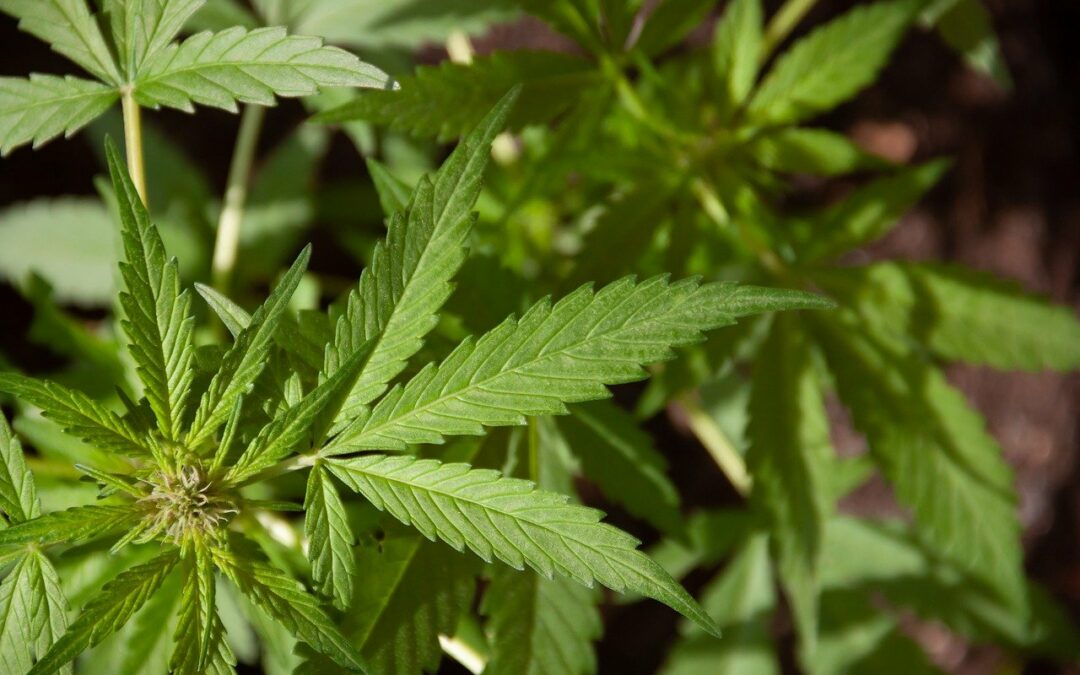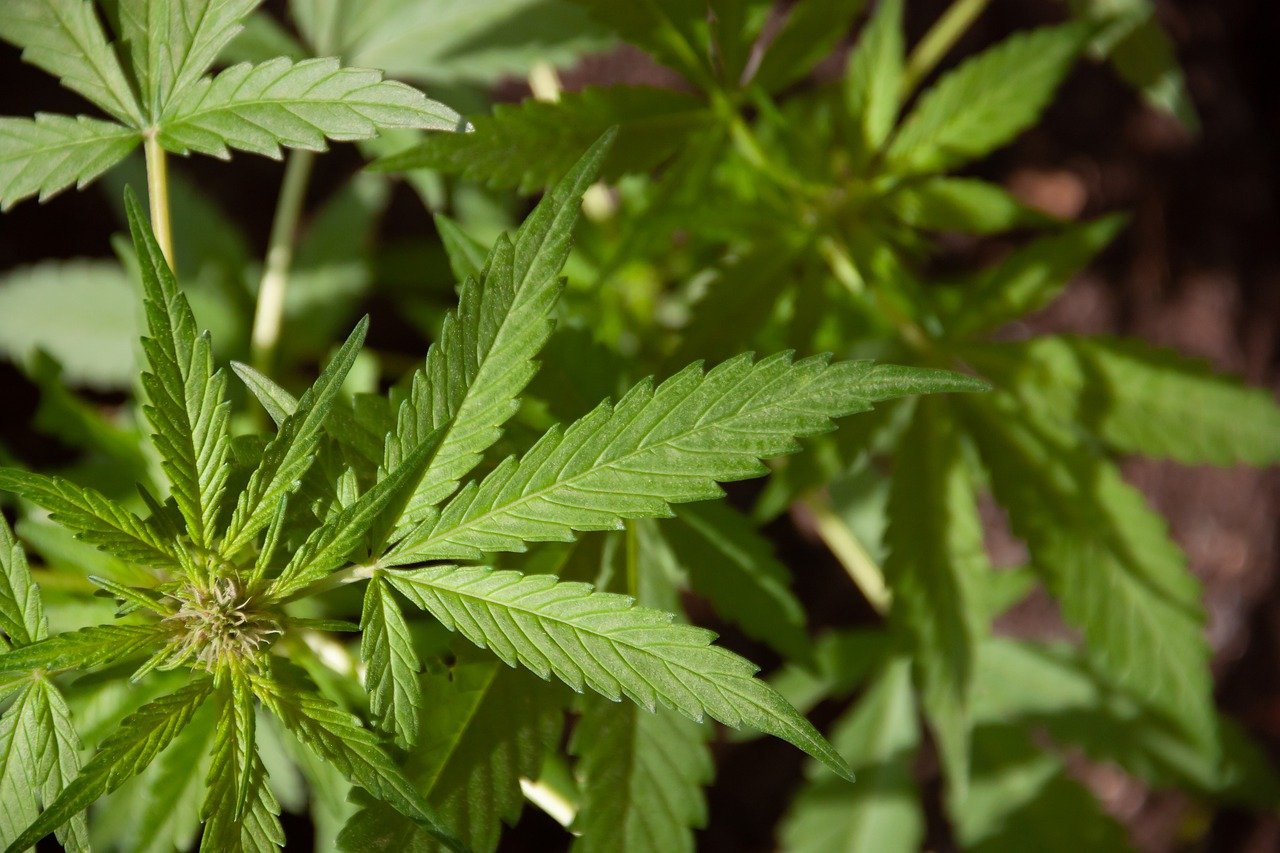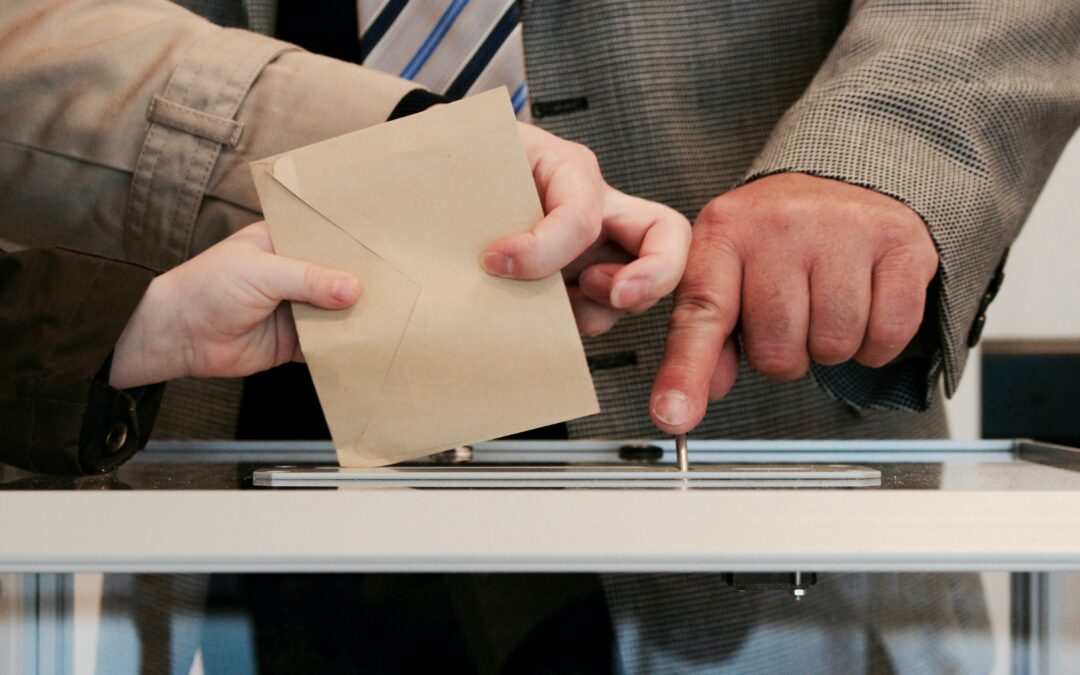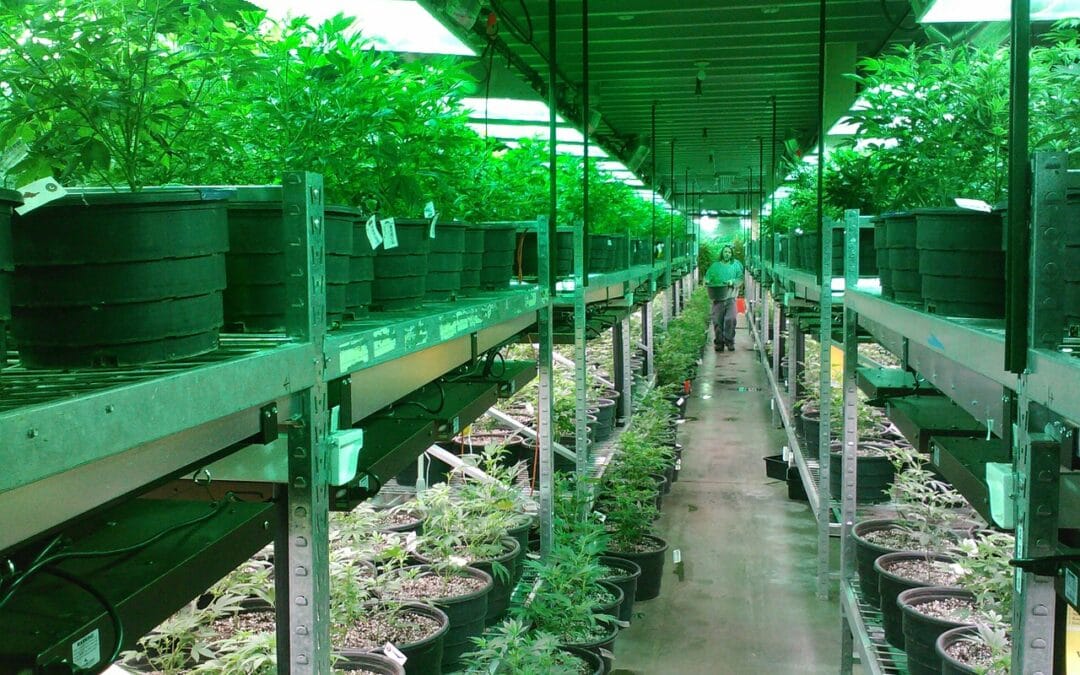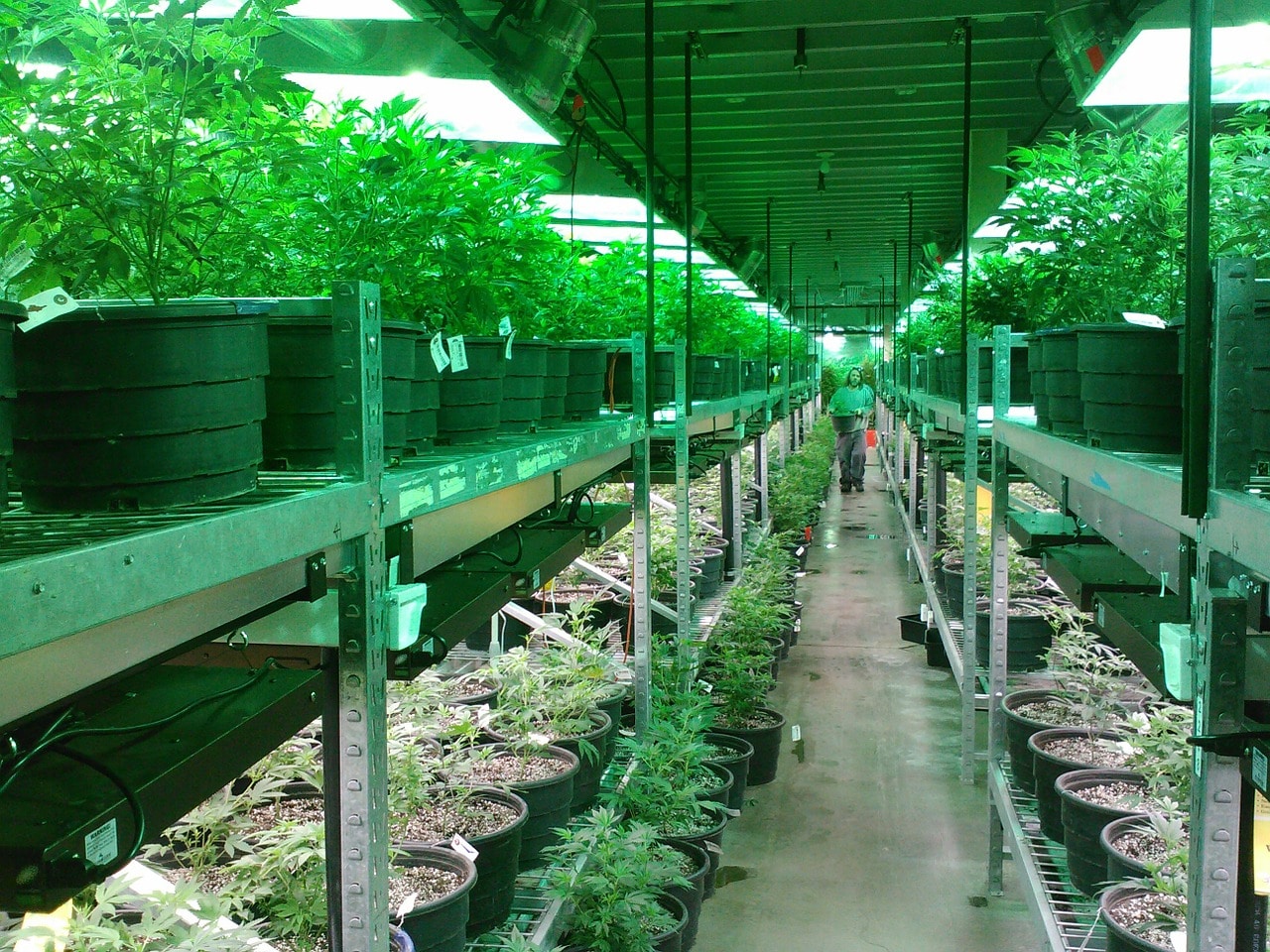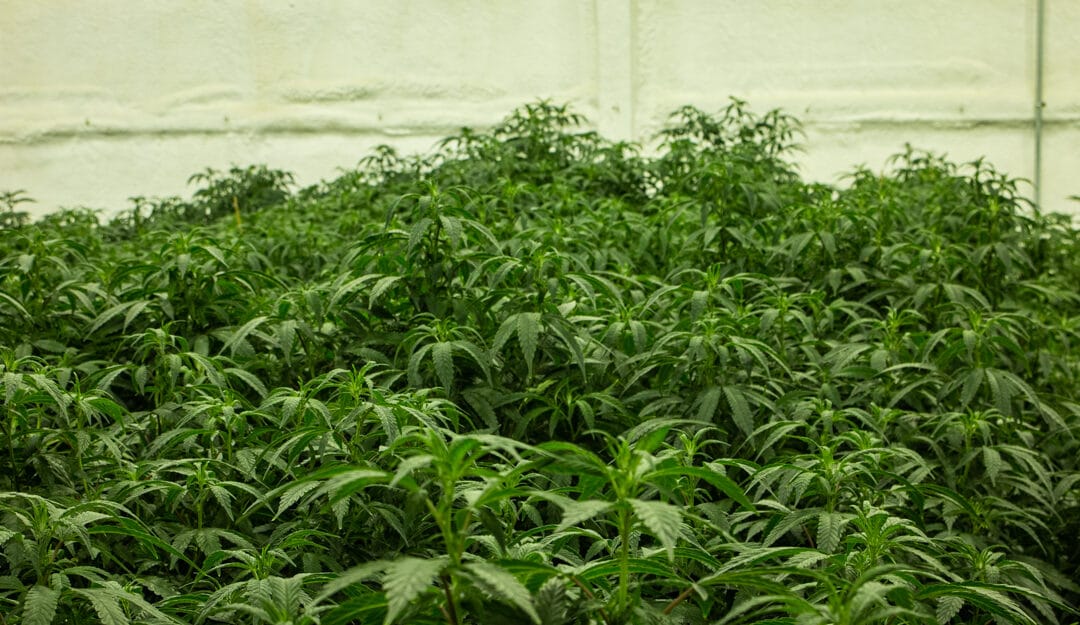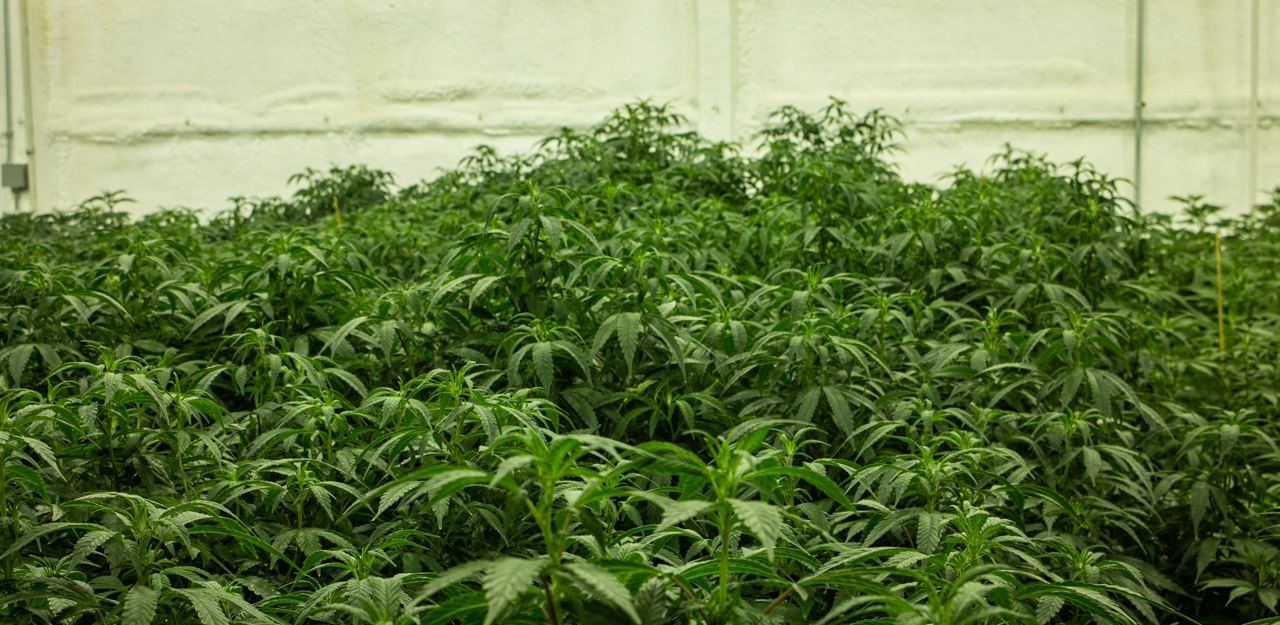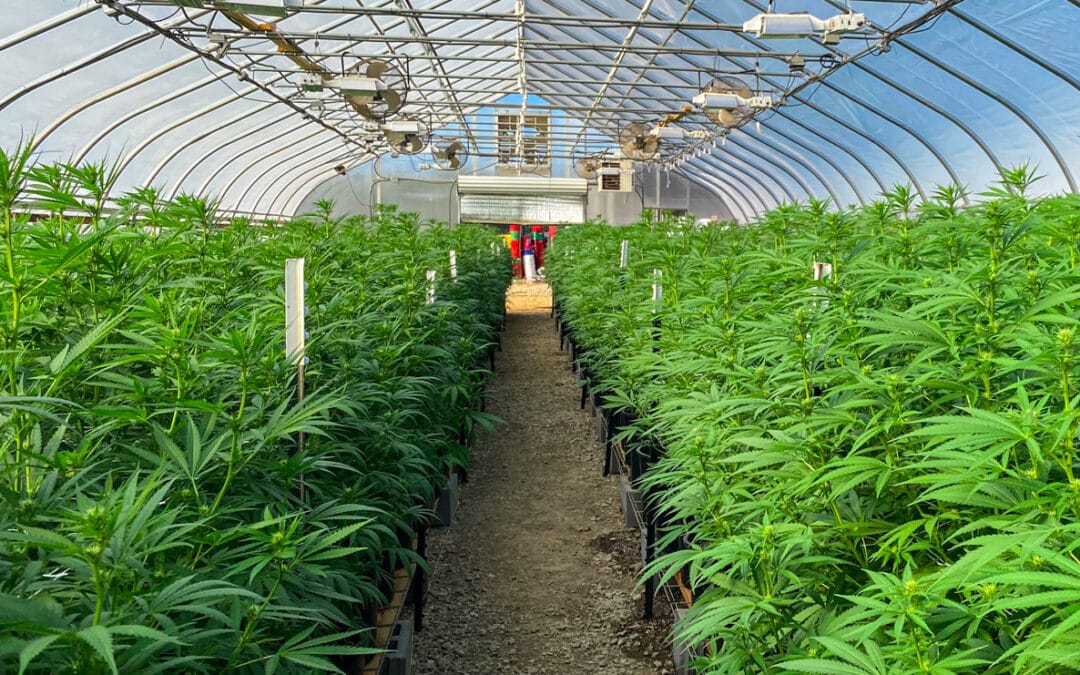
Could Virginia cannabis legalization be overturned in 2022?
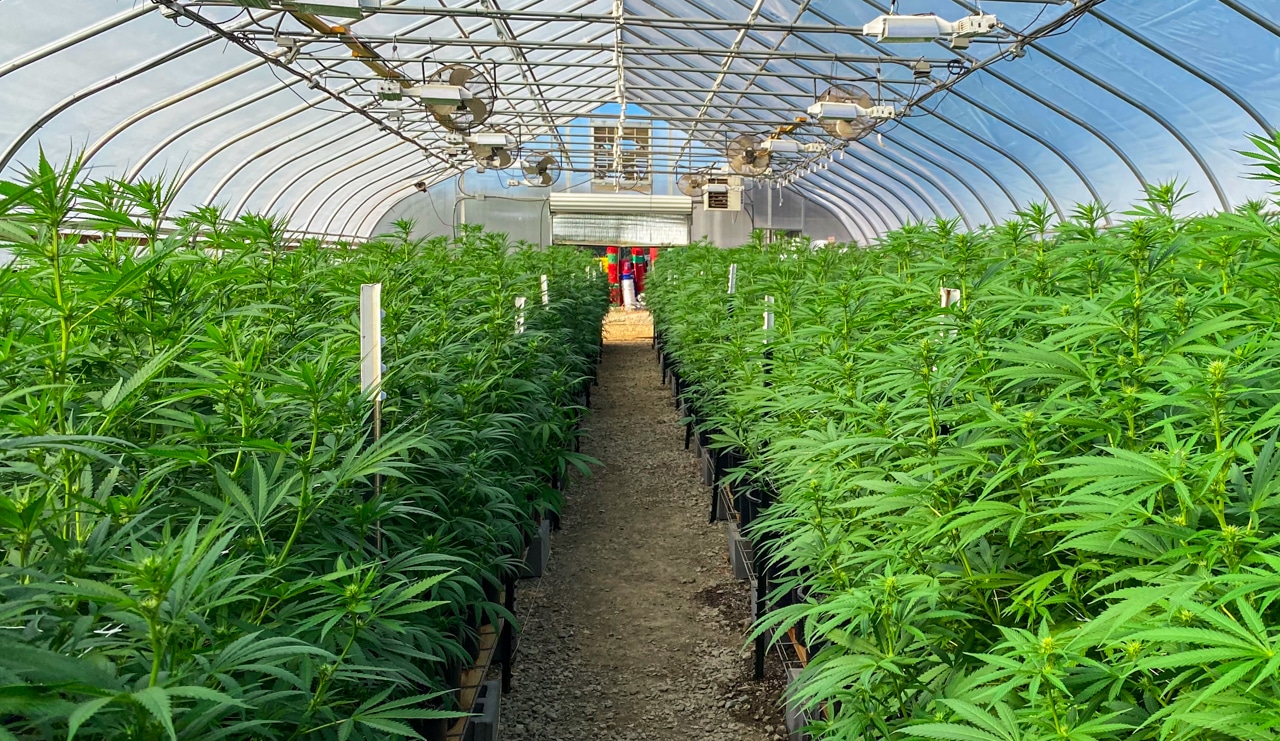
NORML, a national organization that has been fighting for cannabis legalization for decades, uses a rating system in gubernatorial races across the country to grade the candidates for their likelihood to support cannabis legalization.
NORML has given the race’s Democratic candidate, former Gov. Terry McAuliffe, an A grade, noting his public statements calling for legalization. The Republican candidate, Glenn Youngkin, a private equity executive, has a D grade from NORML, noting that Youngkin supports only limited cannabis decriminalization.
Similarly to the gubernatorial race, the race for Virginia Attorney General is just as important. The Democratic candidate for attorney general, incumbent Mark Herring, has called for cannabis legalization in the commonwealth, while GOP challenger Jason Miyares has only expressed limited support for medical marijuana.
Additionally the lieutenant governor race falls into the same judgement from NORML, with the democrat receiving and A grade and the Republican getting a D grade. Long story short, if Democrats lose these races, the future of cannabis legalization in Virginia is hazy to say the least.
Over 60% of Virginians have expressed their support for cannabis legalization, with just over 30% being opposed. One would like to think that no matter who wins these races, the voice of the people will be respected. If the majority supported legalization enough to pass it, then it is the will of the people of Virginia that cannabis should remain legal.
While traditionally the party of smaller government, less intervention and following the will of the people, one should be very hesitant to believe that a republican governor and republican controlled House of Delegates would not try to impede legalization in Virginia. Suffice to say, Virginians will be waiting with bated breath to see who comes out on top, as it would seem the future of cannabis legalization literally depends on it.

